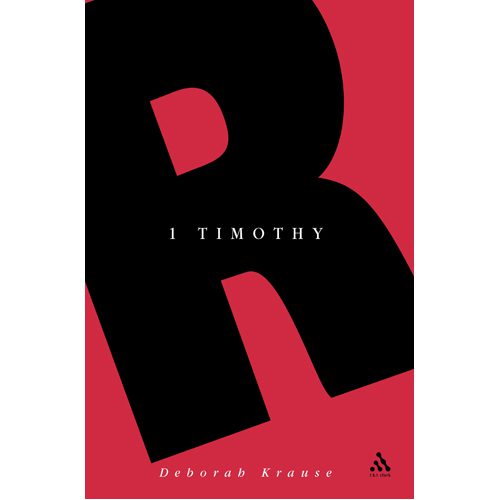
Synopsis
Deborah Krause offers a reading of 1 Timothy that opens up new avenues of interpretation both in regard to historical understandings of the text and in regard to how the text has shaped and continues to shape practices of the church. Deborah Krause examines the letter's rhetoric as a discourse of power and reveals the writer's struggle with the community addressed regarding the social, economic, political and ecclesiastical shape of the church. In this sense, the letter writer's claims about women, children, widows and slaves are seen as particular to a contentious environment within the early church, rather than as a normative picture of early Christianity. In order to expose the letter writer's rhetoric to such scrutiny, Krause provides extensive citations of non-canonical early Christian writings that represent alternative social structures and ecclesiastical organizations. Her goal is to allow interpreters a better understanding of the complexity of the letter and to expose its many competing voices in their historical, canonical, and interpretive contexts.




















